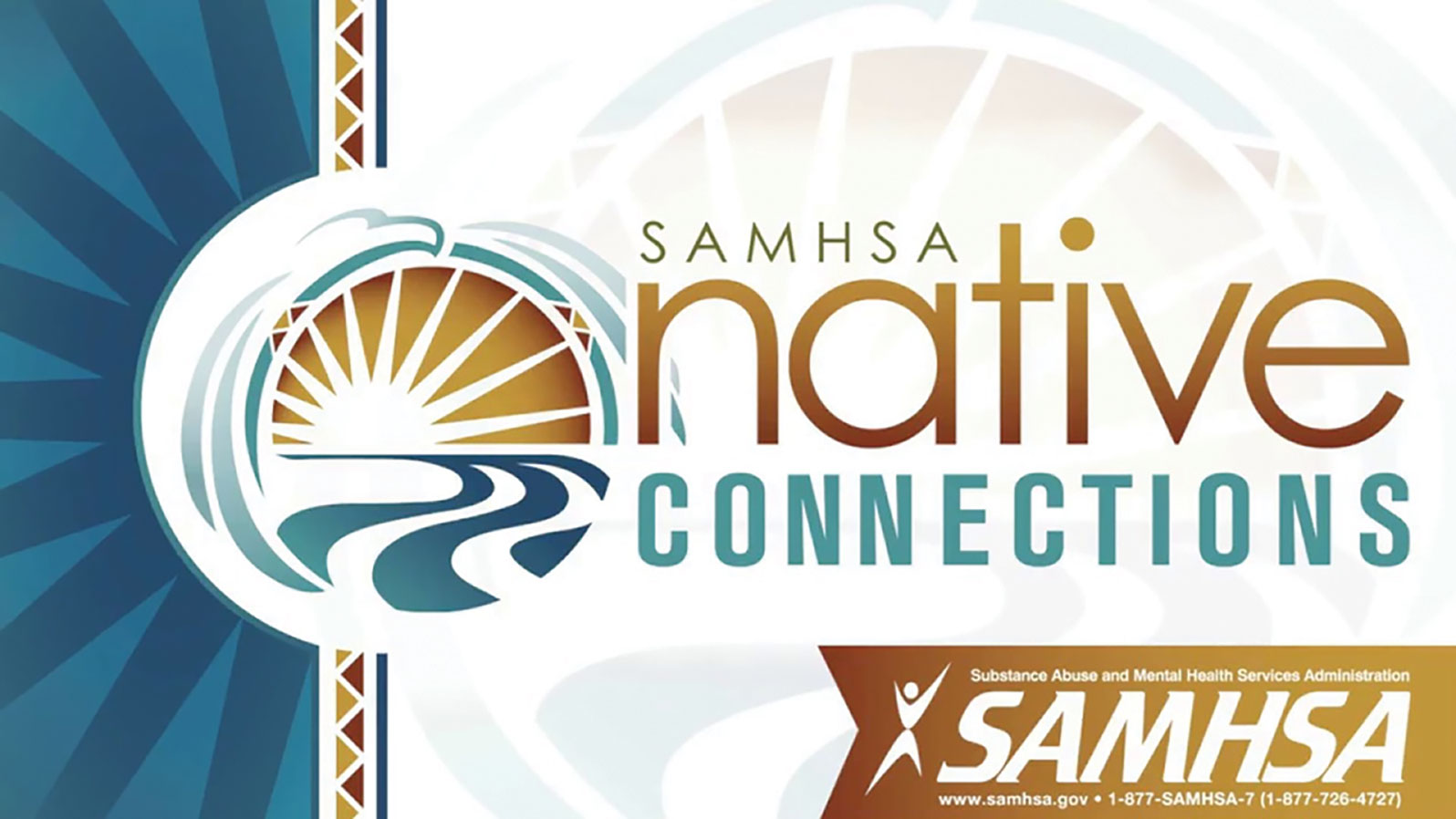As we wave goodbye to July, we remember that every July is BIPOC (Black, Indigenous, and People of Color) mental health month. First recognized in 2008 and also known as Bebe Moore Campbell Minority Health Month, the July theme raises awareness about the exceptional challenge and struggles that affect minority and underserved populations. Bebe Moore Campbell was a pioneer in health equity and is best known for her work as a mental health advocate for Black and other underrepresented communities.
Recently, awareness has grown around what we call “social determinants of health,” particularly the adverse impacts of discrimination, racism, and historical trauma. Public health and nursing programs are now including diversity, equity, and inclusion training, such as webinars given from different cultural backgrounds. Our own Fort Lewis College is developing a nursing program specifically with culture in mind.
We’ve known for decades that life circumstances put certain communities at risk much more so than others. For instance, discussions on housing and food costs enter into discussions about mental health. After all, how can we expect mental health when basic needs are so difficult to meet?
This year’s campaign theme for the month was Culture, Community and Connection. This might bring to mind the years of social isolation most of us experienced during the height of COVID-19. It became painfully tangible how the lack of community can have devastating effects on mental health. But this is also a challenge of our society where individualism is often emphasized over the importance of support and action as family and social groups.
Particularly for communities who face discrimination and racism, access to resources, healthcare, culture, community and connection is critical for overall health. In fact, we cannot really separate culture, community and connection. Culture is made up of a connected community.
Another thing we can learn from BIPOC Mental Health Month and the theme of community is that we always need to leave space and flexibility for a particular community’s approach to mental health. For example, different cultures and communities view the mind, emotions, and sense of self differently so that mental health cannot exist without spiritual and soul health too.
So, as we recognize BIPOC communities’ needs for support, it’s also a time to leave the door open to defining health in ways that reflect diversity. Supporting the mental health of diverse communities means supporting cultural perspectives of health and different ways of being a human in the world.
Sources: Mental Health America, A pioneer of equitable mental health: Honoring Bebe Moore Campbell. Honoring Bebe Moore Campbell | Mental Health America (mhanational.org)
See also: Mental Health America, Native and Indigenous Communities and Mental Health. https://www.mhanational.org/issues/native-and-indigenous-communities-and-mental-health
Here’s to your good health!
It’s okay not to feel okay
If you or someone you know has been struggling with their emotions, behaviors, or substance use please reach out to us. We can help you find appropriate tools and services that could help you overcome obstacles in your life. We are here for you. Please contact the Southern Ute Behavioral Health Division at 970-563-5700 for more information or to set up an appointment to see a counselor or therapist. Reminder: If you need to talk to someone, please reach out.
And for those interested in opioid use education, harm reduction, and support, please contact us for quick Naloxone (Narcan) training and fentanyl test strips. We can schedule individual, family, or friends training times at our Southern Ute Behavioral Health Building, or we can come to you, and the training is around 30 minutes. Please call us at 970-563-5700 to set up a training appointment.

